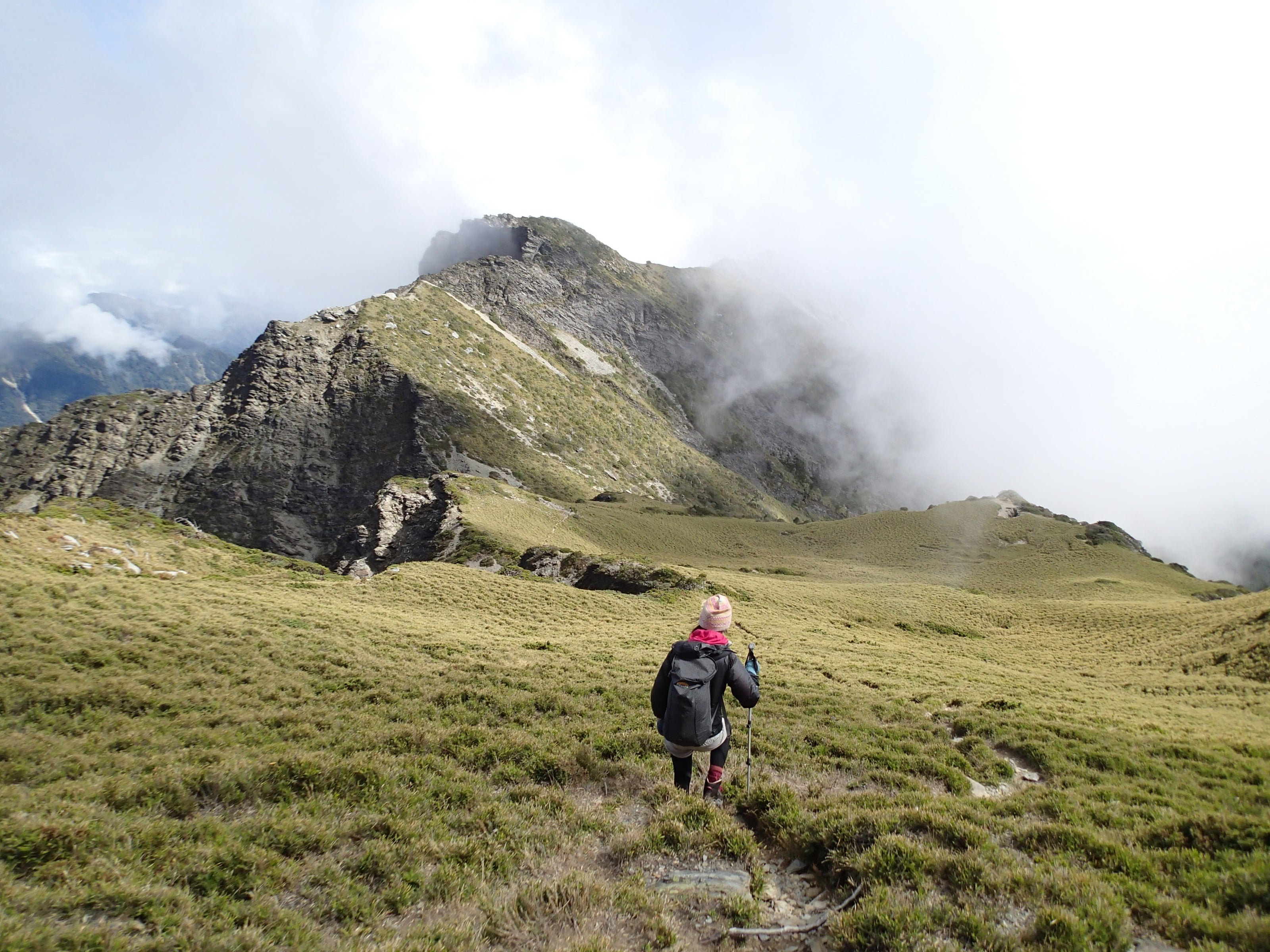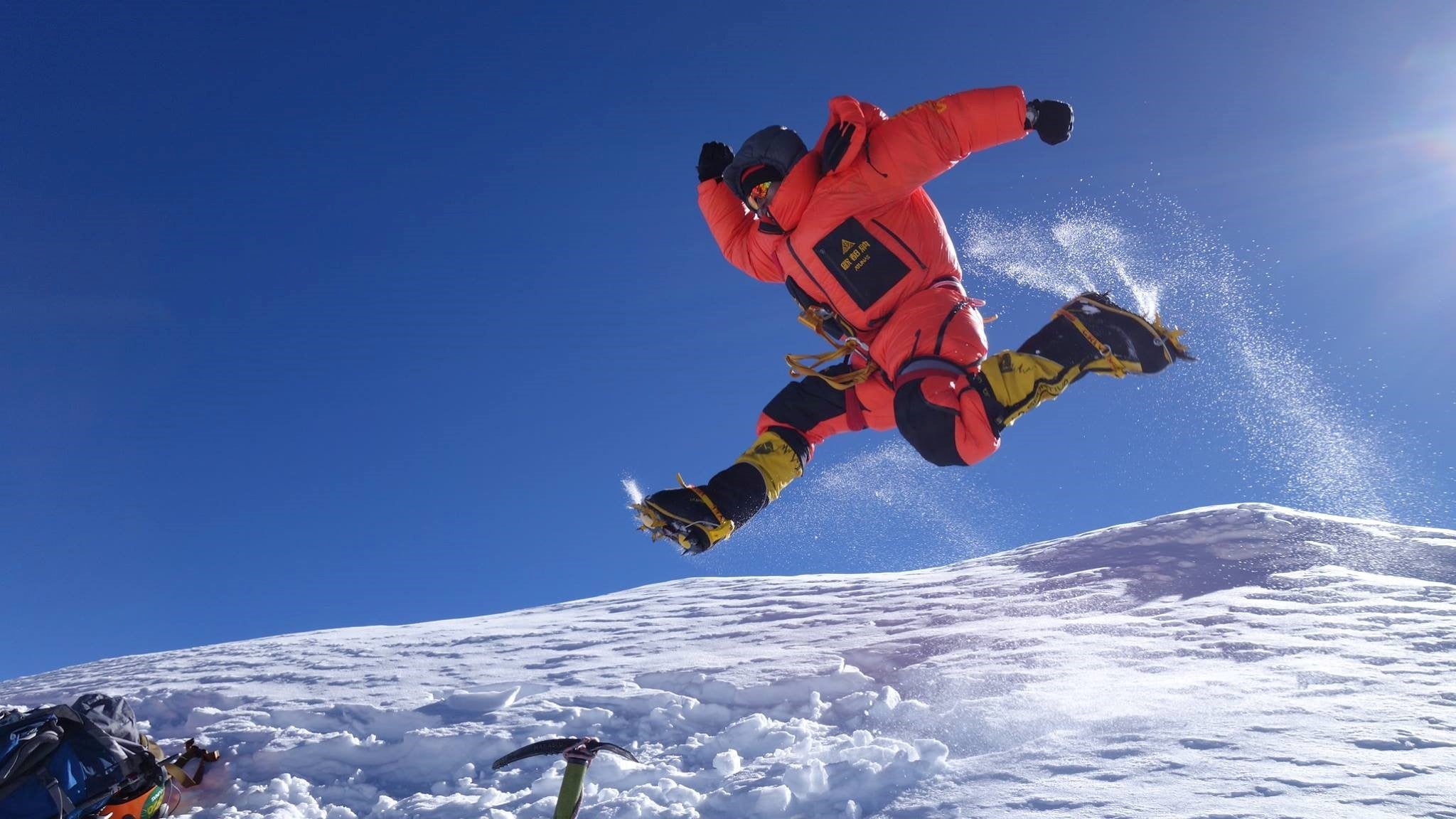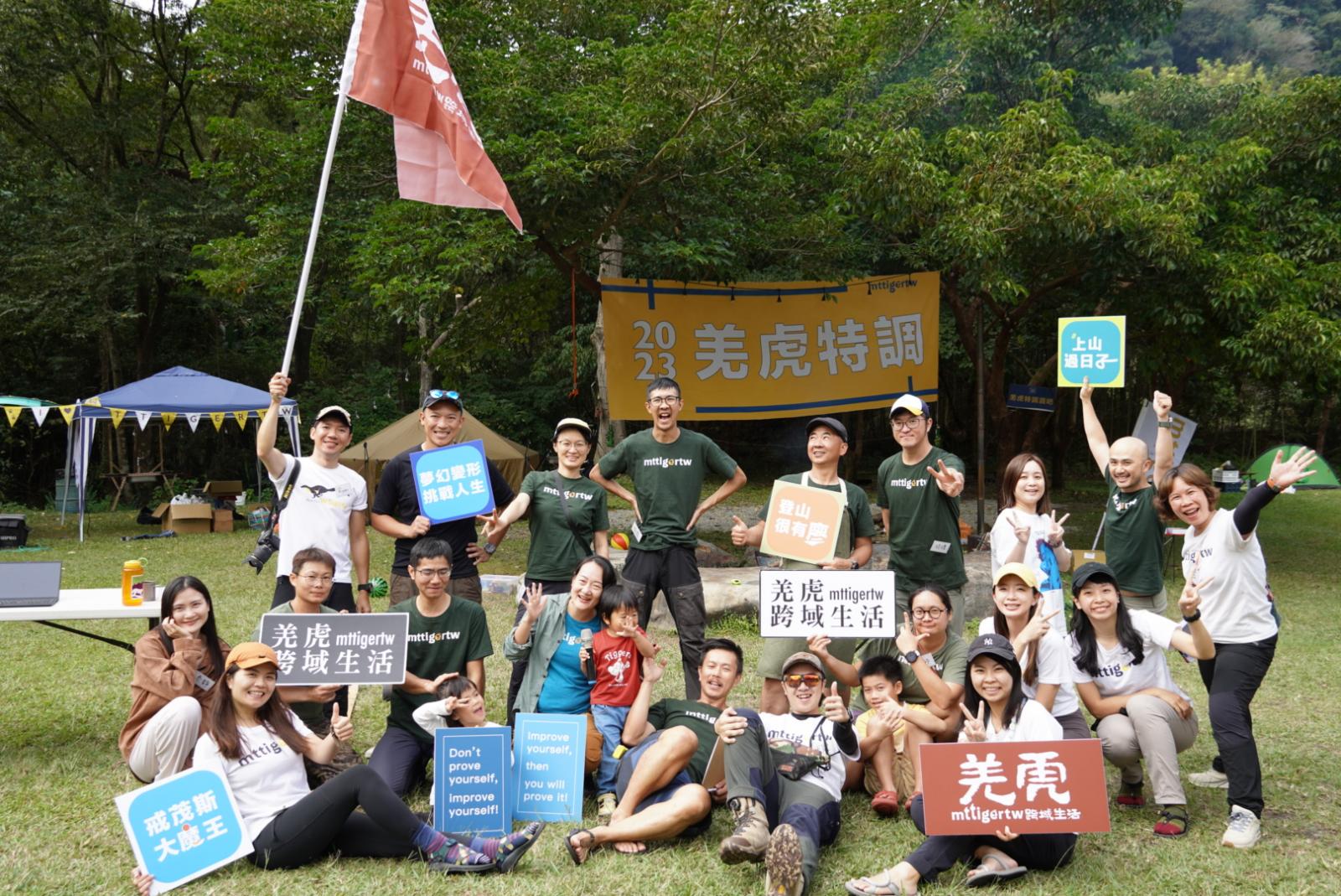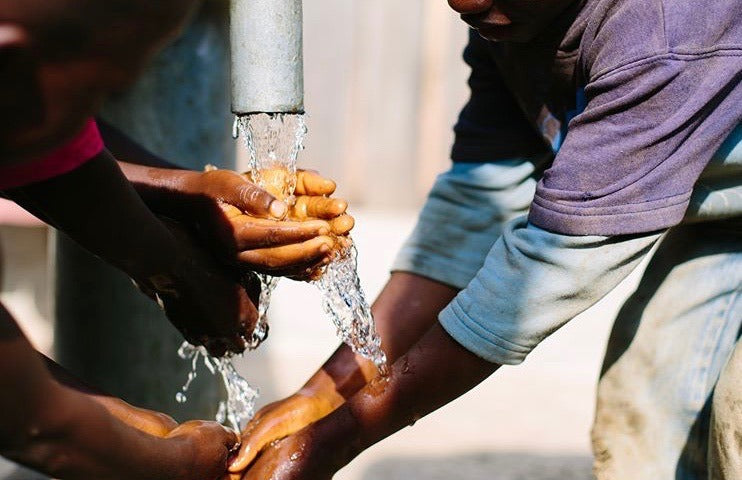Qiang Tiger Column | Injuries caused by mountaineering
Qiang Tiger Column | Injuries caused by mountaineering
Author: Huang Yaohe

I have never been able to get used to it, so from time to time I leave messages on mountaineering related news pages saying: How can I climb mountains when my knees hurt when I am old?
This is both a question and an affirmation.
First of all, he must not be engaged in mountaineering activities, and secondly, his friends must have knee pain from climbing mountains. This is an interesting phenomenon happening among my friends around me.
People who don’t climb mountains are most afraid of knee pain if they climb mountains.
So today I want to write about some of the injuries I have suffered during my 20 years of climbing.
Physical injuries, those places that are not painful in the first place, acute physical injuries caused by careless or unexpected behaviors during mountain climbing, such as:
It happened to me when I looked down and saw my new shoes hit a tree while walking.
A rock fell and hit me on the head, it happened to me.
It happened to me when I fell down a slope and severely sprained my ankle.
It happened to me when my shin kicked hard enough to hit wood.
It happened to me when I pushed my knees hard against the stones on the roadside.
It happened to me when I slipped and hit my butt and my buttocks swelled.
It happened to me when arrow bamboo rebounded and swept across the cornea.
It happened to me when I was poked in the hand by a pig teammate’s trekking pole.
There are too many examples to list. And I think it’s happened to everyone.
Mountain climbing training ground/A corner of Mabo Sighing Bay walking backwards

Acute injuries can often be avoided, as long as you are careful, but isn't this the so-called correct nonsense? Many times, "it will happen even if you pay attention", not to mention that there are so many points that should be paid attention to. There is no need to climb even if you pay attention to this and this during the entire mountain climbing process.
And novices without experience will definitely not pay so much attention. If they are almost exhausted, how can they have enough energy to pay attention to possible emergencies? So I thought about maybe developing a training course:
"Get some fallen wood on a safe trail to hit the novice's forehead (wear a helmet), plant some very elastic arrow bamboo to hit the novice's eyes (wear goggles), and let the novice wear shin guards and knee pads to kick stones and wood. ..』
Excluding acute injuries, I think people are confused or confused by knee pain when mountaineers get old .

The first point is, don’t people who don’t climb mountains have knee pain when they get old? Is the knee pain caused by old age caused by overuse or just not using it at all?
The second point is that no matter what kind of sport or work you engage in, if you keep using your body, it will cause strain. Have you tried to let your body recover before continuing to train? Or should I just take the medicine and it won’t hurt? Then continue your exercise or labor!
The third point is that there are many walking gait techniques , muscle strength and joint mobility , and intensity settings for activities such as mountain climbing and even weight-bearing climbing and descending. There are endless problems to be solved. Do you have to face it? Pass them?
Then you might say, yes! I have paid attention to these things, but my knees still hurt when hiking. Should I give up hiking?
This description is still too simple. More information should be needed to find the core problem. I will try to ask this question.
Do your knees hurt when you walk normally? Does it hurt when lying down or sitting?
Will it hurt on a flat road? Or is it painful to go uphill? Or is it just downhill pain?
Can I squat down to defecate? Can you stand up after squatting down? Or do I need a handrail to fully squat?
Do you have any other old injuries to your lower extremities (ankles, knees, hips) or spine? Have you seen a doctor? Did you get any treatment? Do you have any other chronic diseases?
If none of the above are available, then ask:
How long does it take for your knees to hurt after climbing? Is it half a day, one day, two days, or more than three days?
How much do you carry, how fast do you walk, what is your stride? How is your strength and endurance assessed? Your body composition, nutritional supplements, electrolyte supplements, sleep conditions during hiking, etc., will directly or indirectly affect the condition of various parts of the body, including the "knees" you are most worried about.
Graduation at the end of the semester/A corner of Jiaming Lake in Jiemaosi

If you want to become healthier while climbing, you should not just focus on your knees. Your whole body should be taken care of . But the mountain friends I meet usually only focus on two items: first, whether the knee hurts, and second, how many mountains to climb.
Let’s briefly summarize the key points:
#Young and middle-aged people also suffer from knee pain when climbing
#To avoid mountaineering knee pain is not to avoid mountaineering activities
#Everyone’s mountaineering knee pain is definitely handled on a case-by-case basis
#There is no one-size-fits-all solution to mountaineering knee pain
#To solve the problem of mountaineering knee pain, the key is to spend a lot of time, not how much money you spend
In addition to physical injuries, mountaineering also causes financial injuries (you can never run out of equipment), time losses (camping and mountaineering will cost you most of your vacation), psychological injuries (what-if questions), and emotional injuries. Injuries (also a hypothetical question), anyway, mountaineering is a lot of injuries. If you still come to climb mountains after hearing this, you are a fool.
 "Cross-border life of Qiang and tigers: combined with the concept of mountaineering education, through rich practical courses and professional guidance, we help mountaineers gradually establish outdoor safety awareness and skills, so that everyone can confidently face challenges in the mountains and forests. At the same time, we advocate the conservation of the natural environment It is our responsibility to pass on our love and respect for mountains and wilderness to more people, and realize a complete journey of cross-domain learning and experience.”
"Cross-border life of Qiang and tigers: combined with the concept of mountaineering education, through rich practical courses and professional guidance, we help mountaineers gradually establish outdoor safety awareness and skills, so that everyone can confidently face challenges in the mountains and forests. At the same time, we advocate the conservation of the natural environment It is our responsibility to pass on our love and respect for mountains and wilderness to more people, and realize a complete journey of cross-domain learning and experience.”



